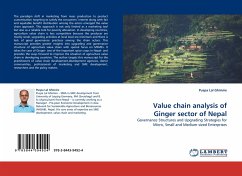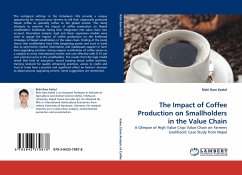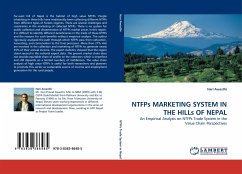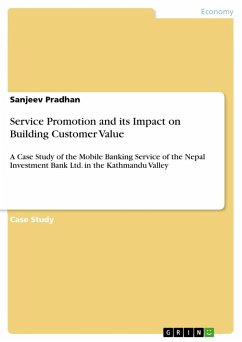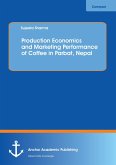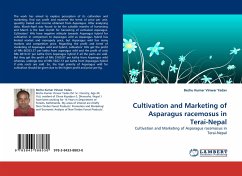The paradigm shift in marketing from mass production to product customization targeting to satisfy the consumers' interest along with fair and equitable benefit distribution among the actors emerged the value chain approach. This approach is not only limited as a marketing tool but also as a reliable tool for poverty alleviation. In developing countries, agriculture value chain is less competitive because the producer are mostly small, upgrading activities at local level are minimum and there is lack of good governance practices among the chain actors. This manuscript provides greater insights into upgrading and governance structure of agriculture value chain with special focus on MSMEs. It takes the case of Ginger- one of the important spice crops in Nepal- and provides the ways forward to improve the situation of agriculture value chain in developing countries. The author targets this manuscript for the practitioners of value chain development,development agencies, donor communities, professionals of marketing and SME development, researchers and the policy makers.
Bitte wählen Sie Ihr Anliegen aus.
Rechnungen
Retourenschein anfordern
Bestellstatus
Storno

